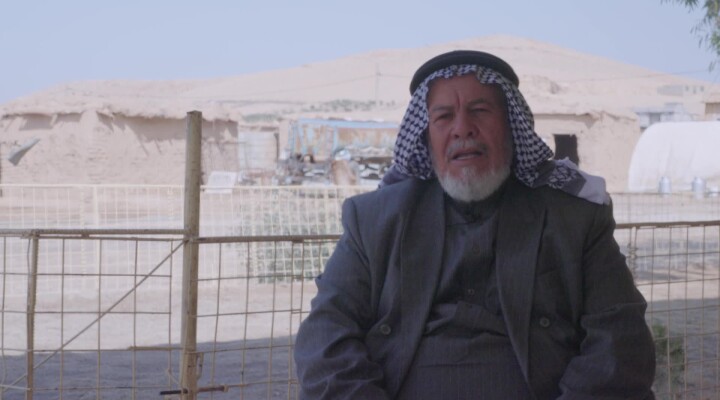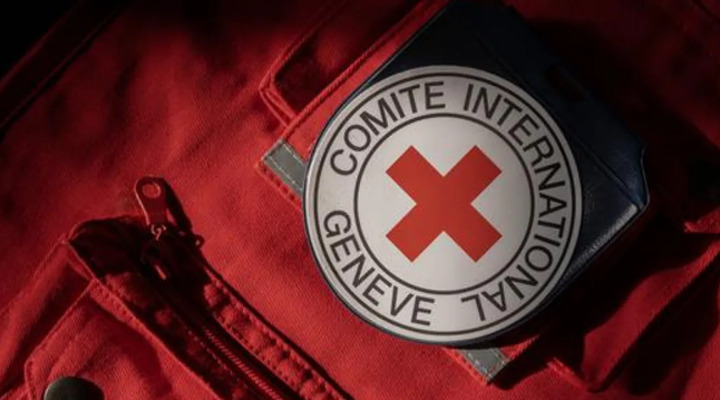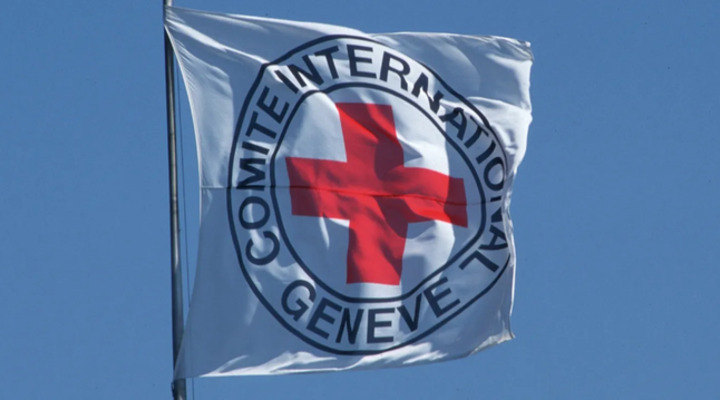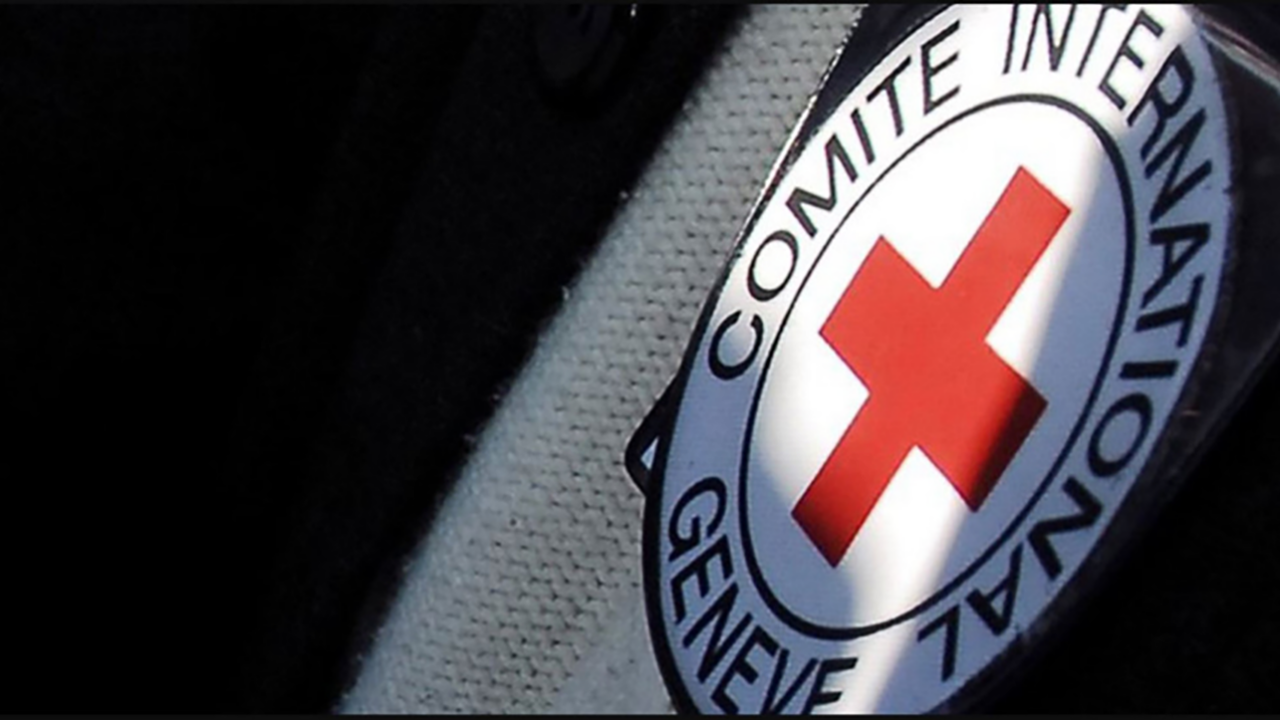Syrian refugees crisis: Germany hosts conference
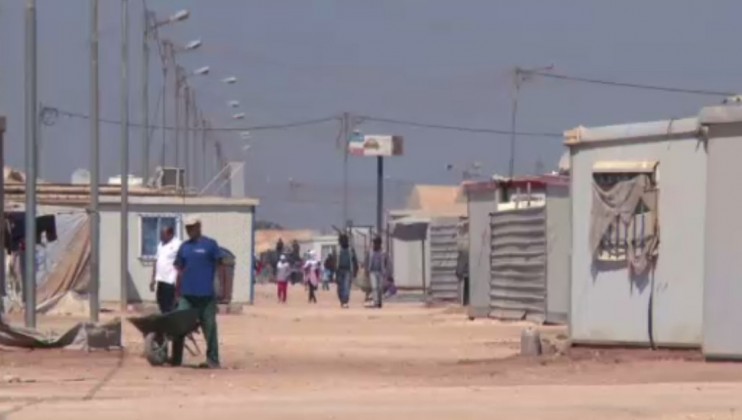
This is a modal window.
Germany hosts a conference focusing on what can be done to help countries affected by the mass exodus of refugees from Syria in Berlin on October 28. Over two million people have fled across the Syrian border to neighbouring states. In particular Turkey, Lebanon, Jordan and Iraq have been hardest hit by the flood of refugees.
Nearly 100,000 people live in Zaatari camp in Jordan. As Syria’s conflict enters its fourth year, the camp has acquired an air of permanence. Mohammad Homsi and his family have lived here for over a year and a half, but beneath the superficial signs of everyday life, the day they had to leave Syria is very fresh
“Our village had 3500 people, a quarter of them were Christians, the rest Muslims", explains Mohammad. “We all lived peacefully together. Then the bombing started…we were getting 60 missiles an hour. The whole population left – there were no more Christians, no more Muslims."
The family is safe from war now, but Zaatari has its own dangers: dust, wind, fire risk from cooking stoves, even scorpions and snakes. Mohammad has five children, and so he has decided to join a first aid training course, organised by the ICRC in response to requests from refugees. Abdul Badih El Dada, is the first aid trainer.
“The first aid is for everybody,” he says. “Anyone can come here…the first aid we provide it is practical, no videos, no lectures, we provide the practical skills."
The classes offer training in how to treat burns, how to stop bleeding, and in resuscitation. Men and women attend together: for many it is not only useful, it is a time for them to unwind a little too.
Mohammad has now graduated to become a trainer himself: most important of all, he has learned how to care for his elderly father, who fled Syria with them. The first aid is an essential coping skill in this difficult environment, but Mohammad, like all refugees, still yearns for home.
“I miss the greenness of Syria, we had a garden with fruit trees,” he remembers, “a fig tree, they were so important to us. We all took care of our gardens back home, we even got up in the night to water them, we miss that.”
For some refugees, the desire to return home is so strong, it may outweigh the dangers. In the town of Mafraq, 60% of the population are now Syrian refugees. Most cannot work, and some, like Maissa, are thinking of going home, even though the war continues.
“We are trying to find solutions,” she explains. “But we can’t find any. If there was a chance for us to work and have an income, we would be able to live here. But unfortunately we have nothing.”
And so Maissa, with the help of an ICRC funded mine awareness course, is learning skills she will need if she does go home. Adnan Telfah is the trainer.
“There will be a problem with Syria,” he says. “This is from our experience in mine action there is a problem with Syria, there is a serious problem in Syria and someone has to take reaction about that ok. And this is what we can do for the Syrian refugees.”
This is training that will benefit not only the refugees here, but Syrians who have stayed in their country. Maissa and her classmates are passing the information on, in phone calls, and emails.
“Our goal is to warn people about the presence of mines and other dangers,” she says. “It’s a serious matter. Mines for example may be easier to spot than some other hidden explosives – but they are everywhere.”
And trainer Adnan says his students have become like family: an illustration of the strong ties between Jordan and Syria.
“Jordan and Syria have been like twins in the past,” he says. “We have lots of things in common, culture, language, family. Of course we can’t offer what they used to have in their own country, but at least we can do our best to make them feel like at home, and hopefully they do.”
But as the war drags on, everyday some refugees do return. They face many risks, and many questions. No one knows how long the conflict will last, some refugees do not even know if the homes they left are still standing. But some at least, if they do make that difficult decision to return, will have skills which could save their own lives, and the lives of others.
Shotlist
Location: Zaatari refugee camp, Jordan
Length: 05:21
Format: HD & SV H264 MOV
Production: Imogen Foulkes
Camera: Séverine Vanel
Sound: Arabic
ICRC ref: AV214N
Date: 6-13 September 2014
Copyright: ICRC access all
00:00 WS pan Zaatari refugee camp
00:07 MS street in camp, containers
00:12 MS camp market
00:16 Mohammad Homsi walking between tents
00:21 Mohammad goes into his tent
00:26 Child washing face and hands inside tent
00:32 Mohammad picks up his daughter
00:37 MS kids watching TV, grandfather in bed in background
00:42 CU child watching TV
00:47 SOUNDBITE (in Arabic): Mohammad Homsi, Syrian refugee in Jordan, Zaatari camp, Jordan:
“Our village had 3500 people, a quarter of them were Christians, the rest Muslims, explains Mohammad. “We all lived peacefully together. Then the bombing started…we were getting 60 missiles an hour. The whole population left – there were no more Christians, no more Muslims.”
01:11 Mohammad showing mobile phone pictures of their house in Syria to his son
01:15 CU of pictures
01:20 MS lighting gas cooker in tent
01:24 WS camp exterior
01:28 WS tents exterior
01:31 MS Mohammad walking exterior
01:36 WS exterior ICRC admin building
01:40 WS interior first aid course
01:43 CU trainer Abdul Badih El Dada and ‘patient’
01:58 SOUNDBITE (in English): Abdul Badih El Dada, First Aid Trainer, Zaatari Camp, Jordan:
“The first aid we provide it is practical first aid, we don’t provide lectures or videos in general, we just provide the practical skills for these people, anyone can attend here, because the first aid is for everybody.”
02:11 Shots of trainer Abdul Badih El Dada and ‘patient’
02:17 MCU women watching training
02:21 Shot of men (including Mohammad al-Homsi)at training
02:25 Shots of a young man (Hamza) and friend practising resuscitation
02:36 Mohammad giving training lesson with resus dummy
02:40 Mohammad treating his elderly father
02:45 CU profile Mohammad
02:49 SOUNDBITE (in Arabic): Mohammad Homsi, Syrian refugee in Jordan, Zaatari camp, Jordan:
“I miss the greenery of Syria, we had a garden with fruit trees: a fig tree, they were so important to us. We all took care of our gardens back home, we even got up in the night to water them, we miss that. Here everything is dry.”
03:06 WS camels in desert, village in background
03:10 WS street and mosque in Mafraq
03:14 MS street scene, young men
03:18 Street scene lots of people
03:23 Street scene woman begging
03:26 Maisa from back walking through streets
03:30 SOUNDBITE (in Arabic): Maisa, Syrian refugee in Jordan, Zaatari camp, Jordan:
“We are trying to find solutions, but we can’t find any. If there was a chance for us to work and have an income, we would be able to live here. But unfortunately we have nothing.”
03:45 MWS Mine awareness training
03:50 Maisa & two others with trainer Adnan Telfah
03:54 CU drawing diagram mine awareness
03:58 SOUNDBITE (in English): Adnan Telfah, Mine Awareness Trainer, Zaatari Camp, Jordan:
“There will be a problem with Syria. This is from our experience in mine action, there is a problem with Syria, there is a serious problem in Syria and someone has to take reaction about that ok. And this is what we can do for the Syrian refugees.”
04:09 WS mine awareness training
04:12 Trainees showing mine awareness t-shirts
04:20 Maisa working with 2 other trainees
04:25 SOUNDBITE (in Arabic): Maisa, Syrian refugee in Jordan, Zaatari camp, Jordan:
“Going back doesn’t mean there won't be any risk. There are big risks created by the war. We refer to them as the remnants of war. Mines for example may be easier to spot than some other hidden explosives – but they are everywhere.”
04:45 MWS Adnan with group of trainees
04:49 MCU trainees
04:53 Poster of various mines
04:57 SOUNDBITE (in English): Adnan Telfah, Mine Awareness Trainer, Zaatari Camp, Jordan:
“Jordan and Syria have been like twins in the past. We have lots of things in common, culture, language, family. Of course we can’t offer what they used to have in their own country, but at least we can do our best to make them feel like at home, and hopefully they do.
05:26 MS desert, road sign to Syria
05:30 Road in desert, bus goes by, direction Syria
05:34 Desert as seen from moving vehicle
05:45 END
